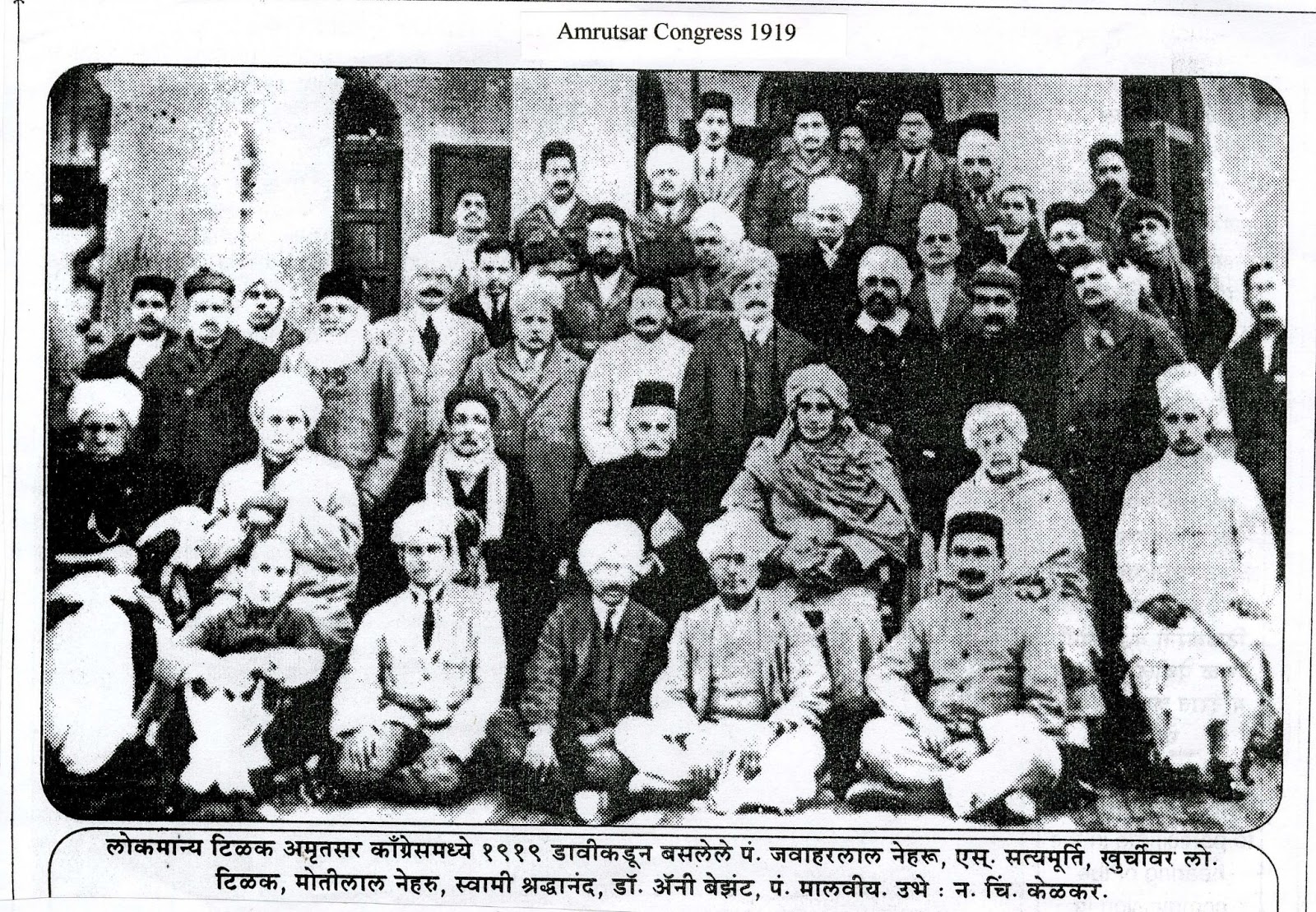
Lokamanya Tilak joined Congress in 1889, after splitting-up from the Deccan Education Society. He played a major role in popularizing the Congress Party in Maharashtra. During the Bombay Session of the Congress in 1889, he moved an amendment to the resolution regarding the constitution of Legislative Councils for India. The amendment stated that the members of the Imperial Legislative Council should be elected by the Provincial Legislative Councils by undertaking the indirect election method. Tilak supported and appreciated the resolution passed by the second Bombay Provincial Conference, held in Poona under the Presidentship of Rao Bahadur G.H. Deshmukh, related to the Crawford case.
In the third conference held at Poona under the Presidentship of Hon. Kaji Shahbuddin, Tilak condemned the excise policy of the Government, by moving a resolution against it. He also expressed his opinion for authorizing the municipalities, local boards, village panchayats, or local electorates to start or close the liquor shops. The next conference held at Poona saw the passing of a resolution, moved by Tilak, against the Age Consent Bill brought by the Government of India, which according to him failed to consider the public opinion on the bill. The fifth conference held at Poona and presided over by Hon. Pherozeshah Mehta, was based on the subject regarding the constitution and formation of the new legislative councils. Here, Tilak moved a resolution suggesting the municipalities and such other institutions to be the electorates for the new legislatures.
In 1894, a memorandum was submitted by Tilak to the Parliament regarding simultaneous occurrence of the Civil Service Examinations, both in India and in England. Tilak, in his memorandum, criticized the bureaucracy in India, which did not bring it into execution.